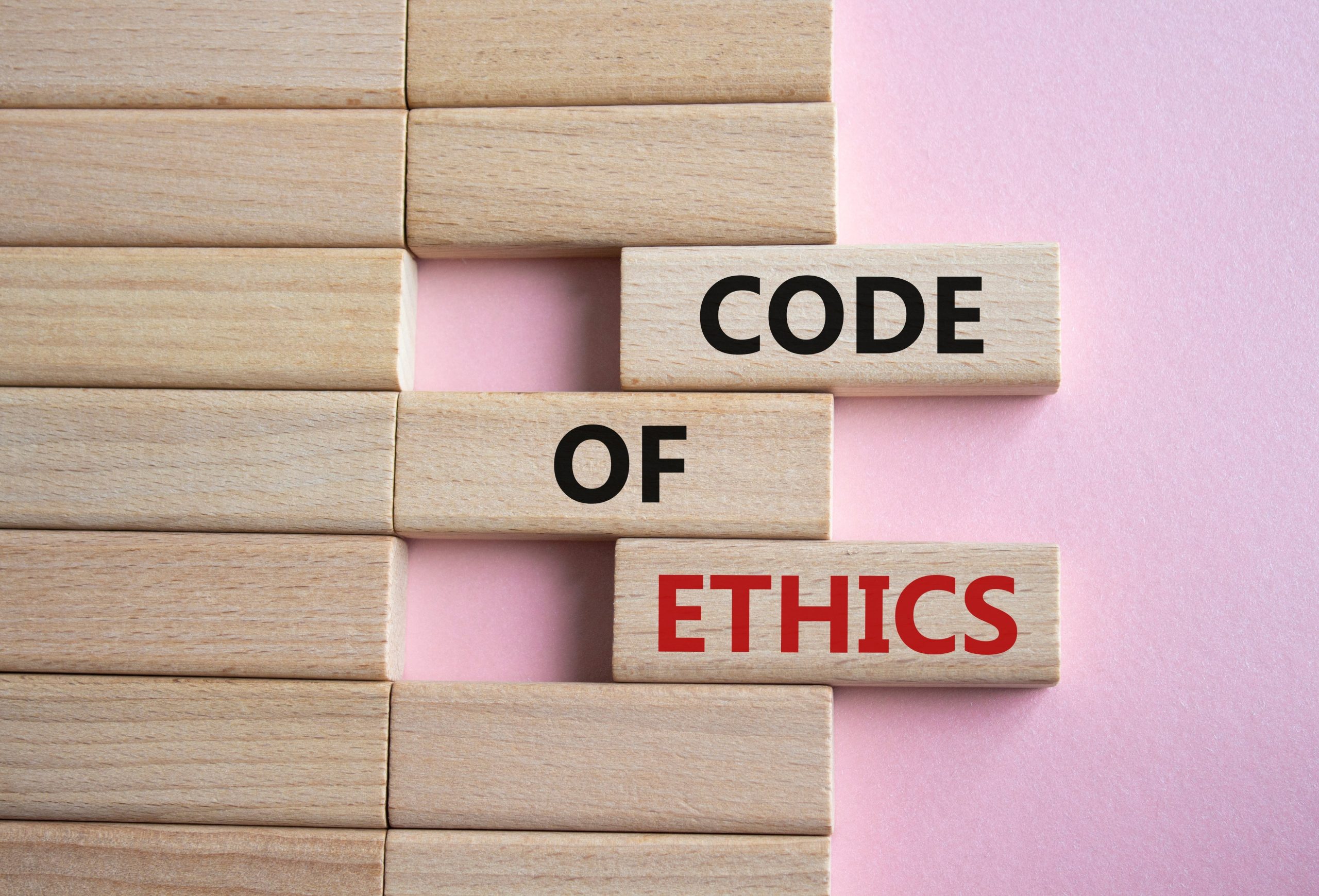| Getting your Trinity Audio player ready... |
Related Study:
Please note that the studies shared on this website are for informational purposes only. Readers are encouraged to critically evaluate the content and not to accept it as absolute or complete without further verification. The views expressed in the studies do not necessarily reflect the opinions of this website.
Ben Ammi’s Adaptation of Veganism in the Theology of the African Hebrew Israelites of Jerusalem by Michael T. Miller (Excerpt)
3 Vegan/Vegetarianism in Jewish Tradition
It would not be possible to characterise Judaism as a vegetarian or vegan religion; meat is central to much of Jewish life, culture and ritual. However, the idea of vegetarianism has for a long time been a part of Judaism, and in the last 100 years this idea has increasingly become a reality for many Jews.
In common rabbinic interpretation there are two biblical passages which express this: the non-violent Eden of Gen. 1:29 and the post-violence messianic age where “the wolf and the lamb shall graze together, and the lion shall eat straw like the ox, and the serpent’s food shall be earth. In all My sacred mount nothing evil or vile shall be done,” (Is. 65:25) seem to temporally frame the corrupt contemporary state of humanity with a vegan utopia free from death and suffering for all sentient beings. There is no unanimous agreement but the vegetarianism of Eden is confirmed by a number of early rabbis42 and supported by the pivotal medieval commentator Rashi43 along with most other commentators;44 similarly, several commentators have supported the notion of a meat-free messianic age,45 reaching its zenith in the 20th century when Rabbi Abraham Isaac Kook wrote powerfully on the time when the right of animals to live good lives and not be merely objects for human use would be realised.46
However, it has commonly been accepted, at least until recent decades, that the current age is one where the consumption of animals is permitted, even expected. In this case, extensive restrictions apply to the use, treatment, and killing of animals: The rabbinic formulation tza’ar ba’alei chayim,47 the “suffering of living creatures” covers a number of biblical precepts: Extrapolating from frequent commands to care for domestic animals, allow them to pursue their nature and interests, not oppress them, harm them or allow them to come to harm without good need, and even to allow them, as a part of the community of Israel, to rest during Sabbath; and with strident restrictions on the killing and consumption of their flesh (along with an even greater restriction on human use of wild animals), the rabbis argued that preventing unnecessary animal suffering was essential.
The key concept, of course, is “unnecessary”. Although the killing of animals was heavily restricted, and the shekhita (ritual slaughter) rules were understood by the rabbis to be principally for the avoidance of suffering, it was not viewed as in any way unjust at the present time. Conversely, compassion for animals was necessary despite the fact that we use them for food. The total ban on hunting for sport evidences such concern.48
So, while God relents and allows Noah and his children to eat meat after the flood, animals are never represented as simple bodies devoid of feeling; they may be less sophisticated than humans but they still can suffer and their suffering should be minimised where possible. No-one could deny that the Torah allows eating animals, but the restrictions put upon it and the way it is often talked about – disparagingly referred to as “the flesh of lust” – seem to some to offer a subtle rebuke of the practice.49 Several rabbis read Deuteronomy’s concession that the Israelites may eat meat when they “have the urge” as meaning that meat should be eaten only when one feels an undeniable urge to do so.50 In this case, the practice is one that has been allowed not because it is good but because it is the lesser of two evils: God has realised that humans have a need to kill, and it is better that we kill animals than each other; but God provides strict rules and criteria for when and how such killing must be carried out, in order that we might begin to realise for ourselves that all life is holy and should be respected. This last point is the view of Rav Kook, who argued for an evolutionary perspective, that as humans (and specifically Jews) take the Law seriously and imbibe its lessons, we will begin to perceive the motive behind it and rise, of our own free will, to a higher level of ethical conduct – one which is too refined to command from the outset and which, if such concern for animals were to become an aggressive moralising prior to the extension of such concern to all humans, would lead to chaos:51
[T]he supreme vision, ‘the wolf also shall dwell with the lamb’ (Is. 11:6) is not a parable, but [should be taken] literally. Yet, it is a futile hallucination to introduce mercy to animals prematurely, while human blood is being spilled like water for nothing. We look disdainfully at animal welfare societies of sanctimonious anti-Semites who pity dogs, pigs and wolves, while being unconcerned about the fate of an oppressed nation […]. These [values], which are pointless and even harmful nowadays, will become desirable and praiseworthy in the generations to come. An hour will arrive when humankind will acknowledge its calling to administer justice […]. The sciences of physiology and psychology will assist humanity in reaching out to the beasts and in teaching them how to subsist without predation.52
The consequences for the human are also part of the Jewish ambivalence towards eating meat. Regarding the consequences for human health, Shemesh concludes, “the dominant thread among the Talmudic sages and commentators is that meat is beneficial if not indeed essential for health.”53 This fact stands despite the frequent subtle condemnation of the act on ethical grounds. However, as may be expected today when the negative health consequences of animal products are widely discussed, the former Chief Rabbi of Ireland David Rosen is more emphatic: “As it is halachically prohibited to harm oneself and as healthy, nutritious vegetarian alternatives are easily available, meat consumption has become halachically unjustifiable.”54 On top of ethical responsibility towards animals and human health, there is one more element in the rabbinic literature: the consequences for human nature. The ability of humans to kill animals is seen as something which may too easily spill over into an ability to harm humans:55 Nachmanides writes,
[T]he reason for the prohibition is to teach us the trait of compassion and that we should not be cruel, for cruelty proliferates in man’s soul as it is known that butchers, those who slaughter large oxen and asses, are men of blood; they that slaughter are extremely cruel. It is on account of this that the rabbis have said ‘the worthiest of butchers is Amalek’s partner [i.e. evil].’56
Likewise, Abravanel: “[M]eat is not an essential food, but is rather a matter of gluttony, filling the belly, and an overwhelming craving. In addition, meat generates maleficent and cruel blood in human beings”.57 This idea that consuming meat inculcates barbarity is in contrast to Kook’s claim that it sublimates bloodlust, but even Kook claims that the ban on pig meat was a preventative measure aimed at stopping pig farming, a practice which leads to unusually close human-animal relations and therefore the importing of animal barbarity into human societies.
These traditions have led, in the last 70 years, to a profound concern in the Jewish world with animal welfare. From the second half of the 20th century onwards, individuals and even prominent rabbis have argued that vegetarianism is not just compatible with Judaism, but, at least in the modern world, required. The reasoning is not animal rights alone, but embraces a complex network of issues, including global warming, health, the environmental effects of animal agriculture, and the best use of grain and (increasingly scarce) water resources. However, the central concern is ethical: animals are not ours to use and abuse as we wish, but have souls and are subjects in their own right; if we interact with them in any way, we have a responsibility towards them. This perspective is clearly grounded in the biblical and rabbinic texts. The present upswing in concern is seen quite potently in the state of Israel, as already mentioned, where plant-based diets are embraced by both secular and religious Jews, for generally similar reasoning – principally ethics, secondly health and the environment.
Throughout the Jewish discussion of animals and the eating thereof, two factors are remarkable. The first is that the emphasis is overwhelmingly on ethics: the prime motivating factor is whether killing animals is ethical or not. Animals are conceived as subjects who have feelings, and therefore have certain rights that we must respect. The second is that, despite this, almost every commentator prior to the 20th century did not forsake meat. Even Rav Kook consumed animal flesh.58 This is explained by the conviction that only the messianic age would see an end to such practices, and the messiah’s arrival was in God’s hands alone.
We have seen that, like the rabbis, Ben Ammi depends upon Gen. 1:29, despite never citing it explicitly. Likewise, he never cites Is. 11 or 65; this is once again curious, as it seems to form a large part of the backdrop to his own project: The return to the peaceful “Edenic diet” at this point in history is integral to Ammi’s theology, because the descendants of the Israelites were now making their return to Eden (Africa)59 after 400 years in slavery (in America, the new Egypt predicted in Deut. 28). Ammi sees himself as the one foretold in Dan. 2:44–5 who would establish the eternal Kingdom of God, returning the Israelites to their God and His ways of righteousness, and tracing the steps of humanity back to undo Adam and Eve’s sin of disobedience which has conditioned humanity’s fallen era.60 The cover of his Imitation of Life even features a lamb and lion collaged as if lying together.
Ben Ammi does not mention negative psychological or moral effects of eating flesh, though one member has noted that returning to a plant-based diet might help to “get rid of the anger in the world.”61 Similarly, one member who I interviewed with regard to the community’s veganism asserted that their diet was only one element of a broader valuing of life and de-emphasising of physical strength and domination; it was ultimately about inculcating a broader peaceful and respectful approach to living.
Some members told me that the community’s veganism had effected the prevalence of veganism in Israel; however, others told me that the real beginning was when American animal rights activist Gary Yourofsky visited Israel to give his lectures (the same is often stated by Jewish Israelis),62 after a YouTube video of his lecture at Georgia Tech with added Hebrew subtitles gained viral status. The nature of Israeli veganism, which appears to most frequently be tied to animal rights concerns, would support this assertion.63
Ben Ammi and the AHIJ have relied on the same texts as the rabbis, and interpreted them in very similar ways; however, there is no indication that rabbinic or contemporary Jewish thought influenced them. The differences in motive and articulation support this conclusion, as does the posterior development of Israeli veganism. At the same time, the evidence suggests that the AHIJ were not initiators of Israeli veganism, although they were forerunners and have been able to support and assist the growing vegan public, especially with the commodities their factories produce.
Miller, M. T. (2021). Ben Ammi’s Adaptation of Veganism in the Theology of the African Hebrew Israelites of Jerusalem. Interdisciplinary Journal for Religion and Transformation in Contemporary Society, 9(2), 417-444. https://doi.org/10.30965/23642807-bja10019













